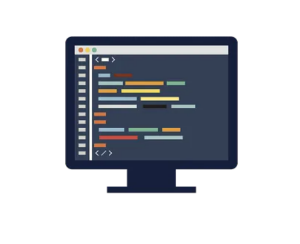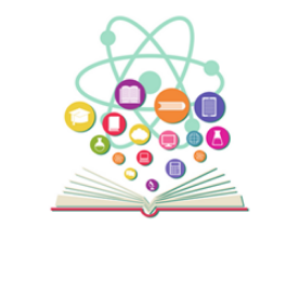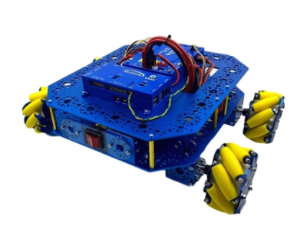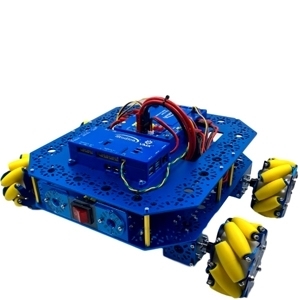Health Informatics | AC Pathway

SREB Advanced Career|Health Informatics
Health Informatics AC Pathway
The United States spends more on health care than any other industrialized country, placing a burden on U.S. businesses and the economy. As the United States seeks ways to improve the quality of health care, increase efficiency and reduce costs, there is a critical shortage of workers with skills to support this effort. The industry needs workers who can design, manage and use technology to analyze data and information that can inform better health-care decisions and, in turn, improve the delivery of health-care services.
The health informatics pathway introduces students to the discipline through a series of authentic projects that merge information science, computer science and health care.

Through real-world projects, students use information technology, data analysis software and statistics to address a range of health related topics. Students will: a) use a variety of technologies and software that can be applied not only to the field of health care but also to other career fields; b) collect, analyze and prepare data reports targeted to a specific audience; c) read, understand and synthesize related documents that deal with critical health topics in the health field; and d) make sense out of data that can serve to inform the general welfare and quality of health care in the nation. Students will also learn about the array of careers available in the field of health informatics.
The Four Courses of Health Informatics
Health Informatics will appeal to students who have an interest in using technology and software to analyze data about health care and related fields, resulting in better decisions by consumers and health-care providers.
| Course 1: Data and Use | This foundational course focuses on the use of data and databases within the health field. Students explore the following questions using project-based and problem based scenarios. What are data? What are the sources of data in the medical and health informatics fi elds? How can we use data? How do we make sense of data? How may we apply data to our own lives? Students interact with professionals in the health informatics field through interviews or on-site and/or virtual field trips. |
| Course 2: Transforming Data into Information | In this course, students study ways to use data to address both patient and industry needs in the health-care field. Students use software such as Microsoft Access, Excel and Balsamiq to collect and analyze data, develop a health-care registry, create a mobile app mockup and develop forms and systems to solve health-care problems. The following questions are addressed through project or problem-based scenarios: How can technology and analysis create better information to inform better decisions? How can we use technology tools to create information from data? How can we use technology to improve public and individual health? How can we use technology to protect patient privacy? |
| Course 3: Transforming Information into Knowledge | This advanced course allows students to make improvements in the health-care field by designing solutions using the information, knowledge and technology tools available to health informatics professionals. Students are engaged in the following activities: building a system of sharing information among health-care facilities; using social media tools to reduce diseases in foreign countries; exploring voice recognition software; using a motion-based video gaming console for rehabilitation; and exploring clinical decision rules for improving patient care. |
| Course 4: Problems and Solutions | In this advanced course, students study and design solutions to problems facing health-care systems. Students explore the following questions through project or problem-based scenarios: How can the health-care system work more efficiently and economically? How do we address health-care issues in rural locations? How can various community organizations work together to improve the health of the community? Students interact with professionals in the health informatics field through interviews or on-site and/or virtual field trips. |
Fully Developed Pathway Programs
Advanced Career (AC) encompasses a coherent sequence of four ready-to-implement courses; comprehensive training for teachers; access to tools and technology for project-based learning; and end-of-course assessments. To ensure fidelity from site to site, each course has a syllabus that includes instructional philosophy, instructional delivery and support systems, assessment and a recommended grading system.
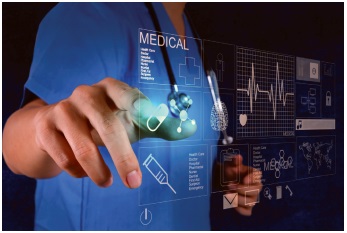
*Content and images provided by SREB.org/AC








